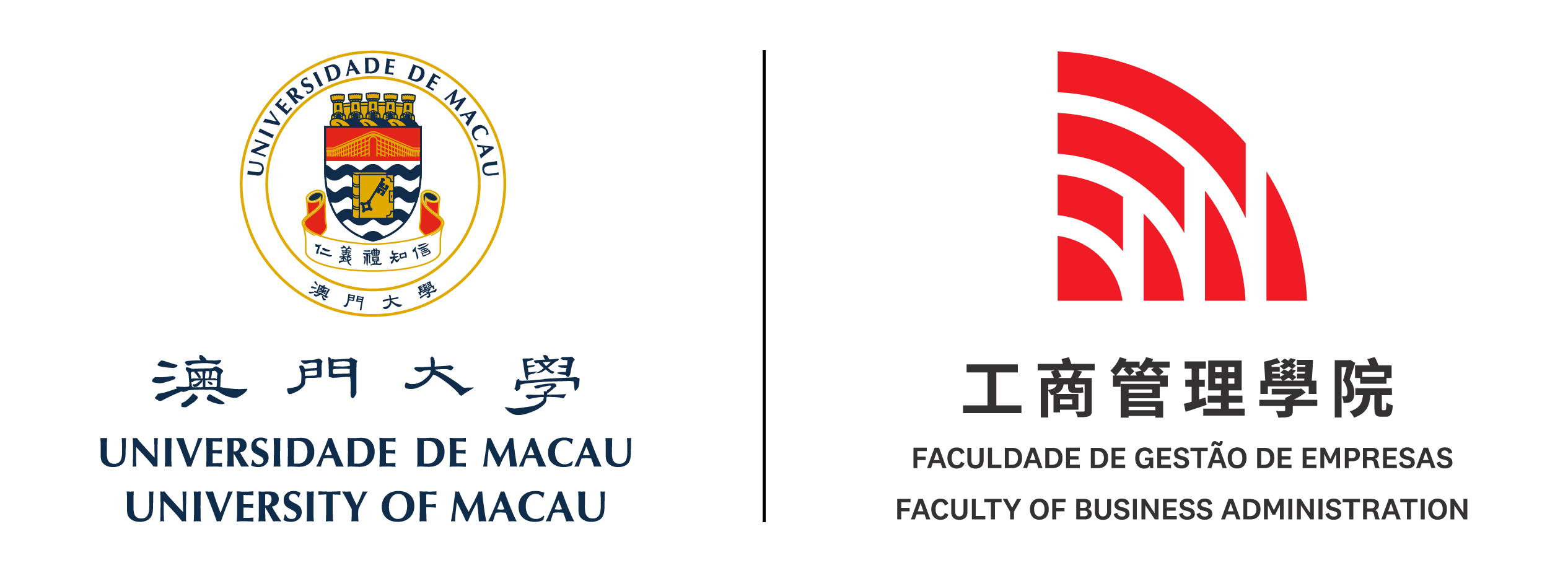Prof. Jean CHEN, Dean of FBA, recently published a research article “Managerial Multi-tasking, Team Diversity, and Mutual Fund Performance” in the top journal titled “Journal of Corporate Finance”.
Recent years saw two prevalent practices in the U.S. mutual fund industry; one is the so called ‘managerial multi-tasking’, i.e., fund managers simultaneously managing more than one fund; the other is the so called team management, i.e., one fund being managed by more than one manager as a team member. Our study reveals that a more complex organizational structure – so called ‘multi-tasking team’ (i.e., fund managers concurrently serve as members of two or more fund teams) – has been a prevalent managerial practice in the U.S. fund industry. Specifically, our observation suggests that more than 50% of the U.S. mutual fund have their total assets managed by multi-tasking teams in 2016, while such percentage was only around 20% in 1995. We found that managerial multi-tasking indeed has a negative fund performance effect due to that the multi-tasked fund managers more likely to be affected by attention distraction, which makes multi-tasking managers tend to be limited in their information processing abilities; while multi-tasking team managers have significant outperformance than others because teamwork mitigates the adverse effect of multitasking, and that the superior performance of multi-tasking teams is primarily attributed to the fact that extended networks (local vs non-local managers) can make the team have a broader information set, more quality information sharing and exchange, and more capabilities of information processing. This network effects can also enhance the scale of cognitive diversity of the team, such as fund managers’ tenure, financial expertise, investment styles, and graduated institutions, thus generate significant gains through information pooling and integration. We shed light on how human capital diversity under team management can influence productivity and improve fund performance.
近年來,美國共同基金行業有兩種普遍的管理方法:一種是“管理多任務”,即一位基金經理同時管理多個基金;另一種是團隊管理,即一種基金由多個經理共同管理。我們的研究發現了一種更複雜的組織結構:“多任務團隊”(即基金經理同時擔任兩個或多個基金團隊的成員),這種結構一直流行在美國的基金行業。我們發現,在2016年,超過50%的美國共同基金總資產由多任務團隊管理,而在1995年,這一比例僅在20%左右。我們發現,單個基金經理的多任務管理確實對基金表現產生負面影響,因為在這種情況下基金經理的注意力容易被分散,這使得他們的信息處理能力往往受到限制;而多任務團隊基金經理的表現明顯優於其他,因為團隊合作減輕了多任務處理的不利影響,而多任務團隊的卓越績效主要歸因於擴展網路(團隊內外經理)可以使團隊擁有更廣泛的信息,更高質量的資訊交換共享,以及更強的資訊處理能力。這種網路效應還可以增強團隊認知多元性的規模,如基金經理的任期、財務專業知識、投資風格和畢業的機構,從而通過信息滙集和整合產生顯著的收益。本次研究闡明了團隊管理下的人力資本多元性如何影響生產率以及提高基金績效。

